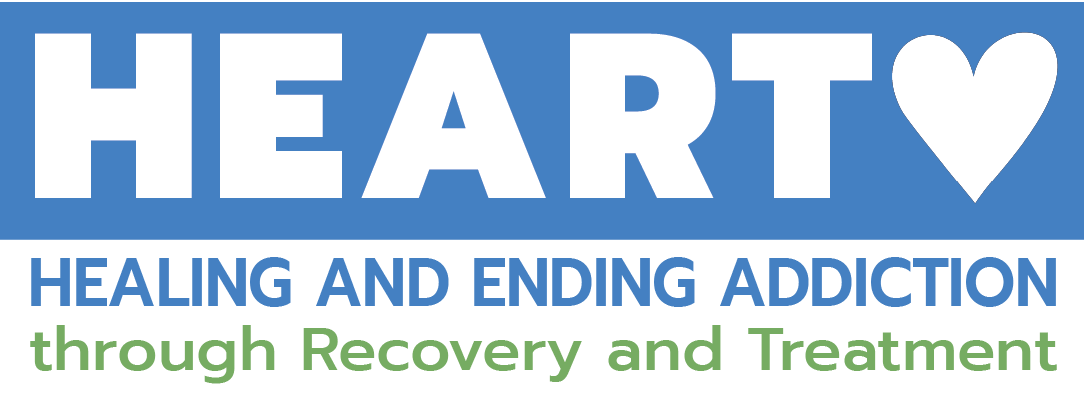Tenancy Support Services
Announcements
The Problem
Between 2007 and 2022, Montana’s homeless population increased by 38 percent. The State’s rate of homelessness was 14.1 per 10,000 in 2022, the eighteenth highest in the nation. As average rents and home prices have surged across Montana in recent years, low-income households are increasingly at risk of losing their housing; 65 percent of Montana’s extremely low-income households spend more than half of their income on rent.
Homelessness impacts health; homeless individuals die on average 12 years sooner than the general population and are at greater risk for major illnesses and chronic conditions, including HIV, depression, and substance use disorder (SUD).
The Intervention
Montana has now received federal approval to provide a targeted set of Medicaid-funded tenancy support services to individuals who meet certain eligibility criteria.
Providing tenancy support services will help advance Montana’s objective of providing preventative, whole-person, and community-based care by addressing housing insecurity and homelessness, which contribute to poor health outcomes. Tenancy support services will also advance Montana’s efforts to expand the continuum of behavioral health and treatment programs by helping to provide stable housing to Medicaid enrollees with behavioral health needs.
Covered Services and Eligibility Criteria
- Tenancy support services will be delivered by designated service providers and include both pre-tenancy supports and tenancy sustaining services.
- Pre-tenancy services support individuals with identifying, preparing for, and maintaining stable housing.
- Tenancy sustaining services assist individuals with finding housing, supporting move-in, working with landlords, and providing additional housing-related outreach and education to tenants.
- Medicaid enrollees who meet the following criteria may be eligible for Medicaid-funded tenancy supports:
- Aged 18 years of age or older;
- Have a qualifying substance use disorder and/or serious mental illness; and,
- Are experiencing or at risk of homelessness.


